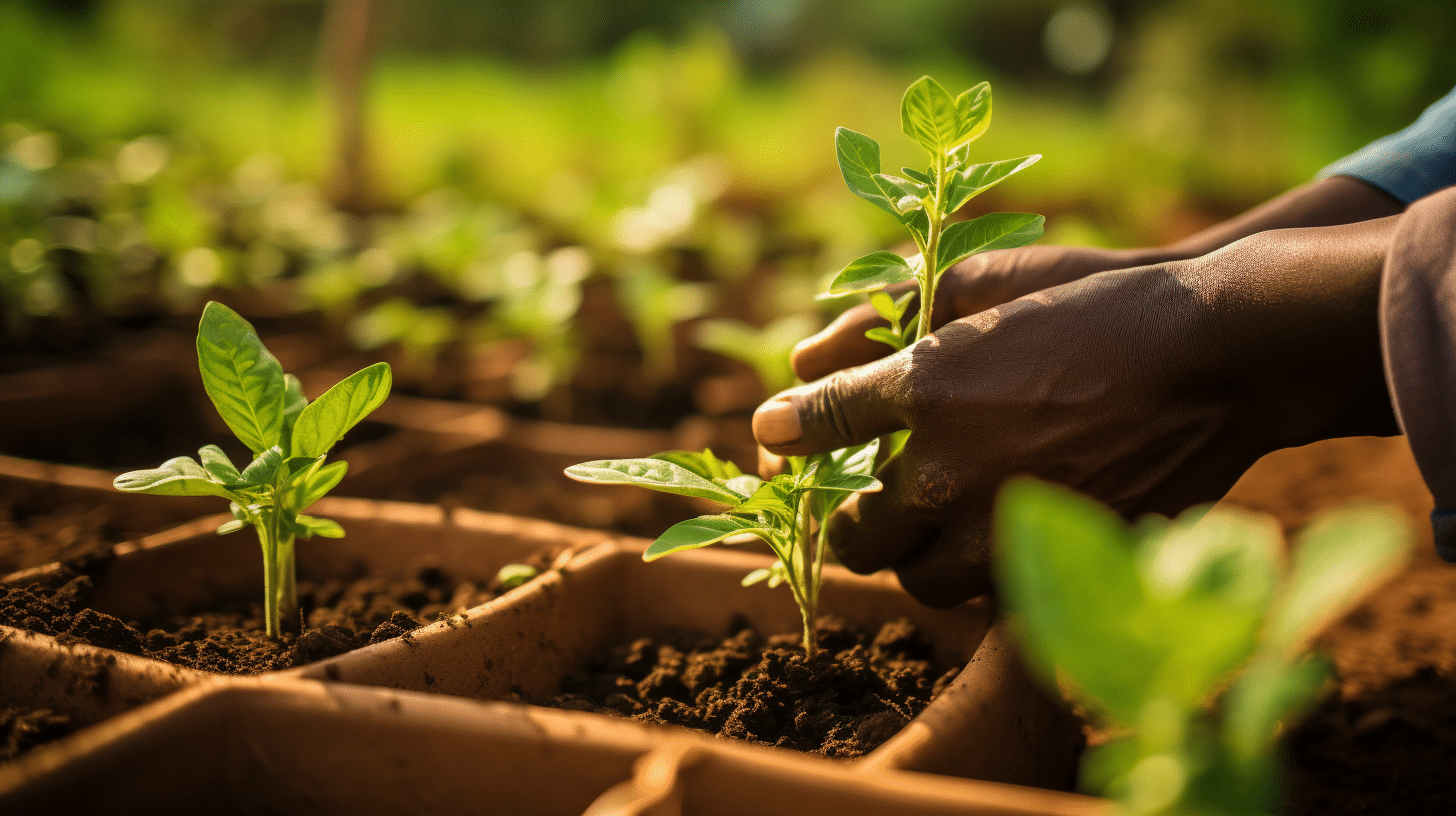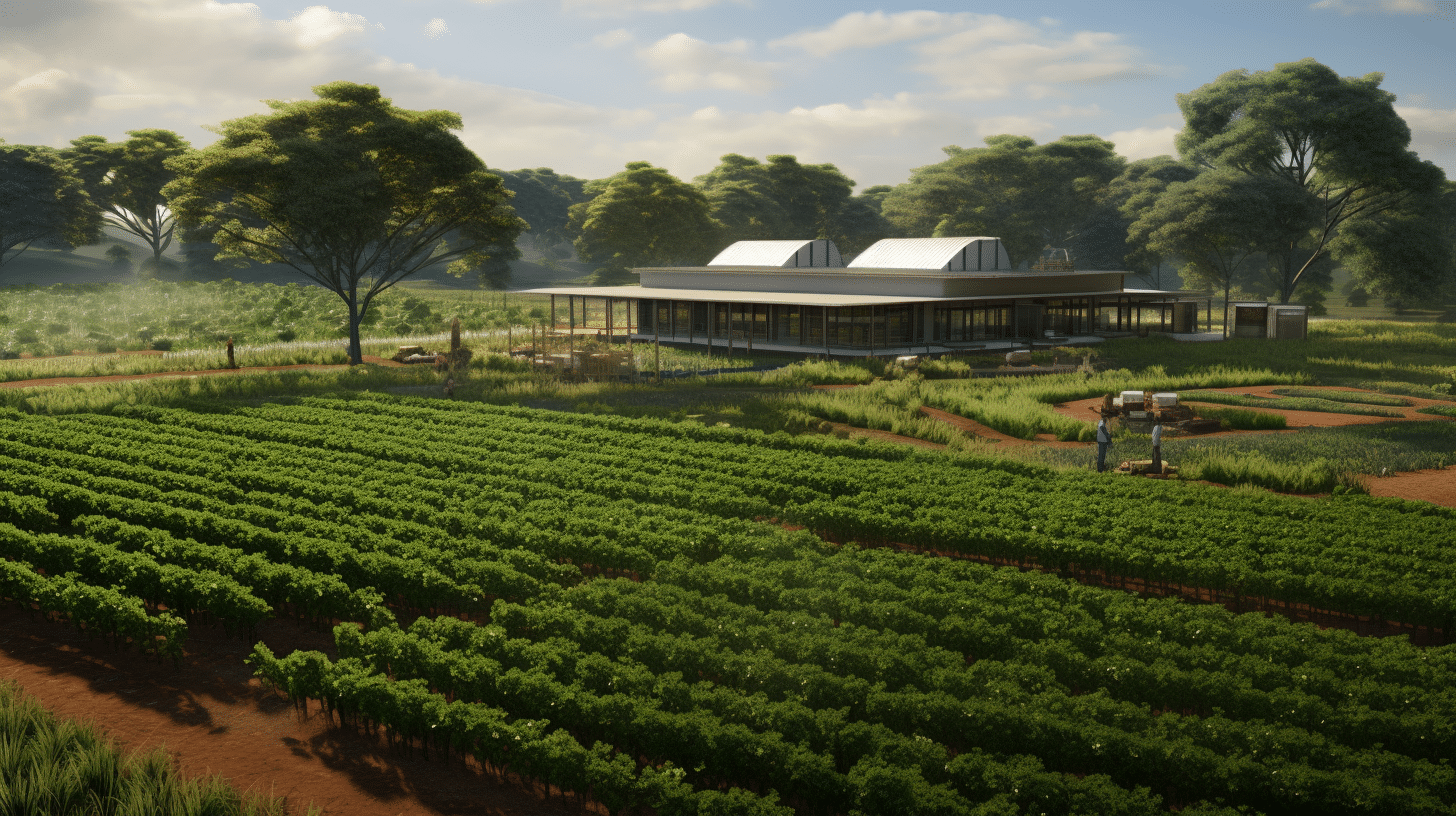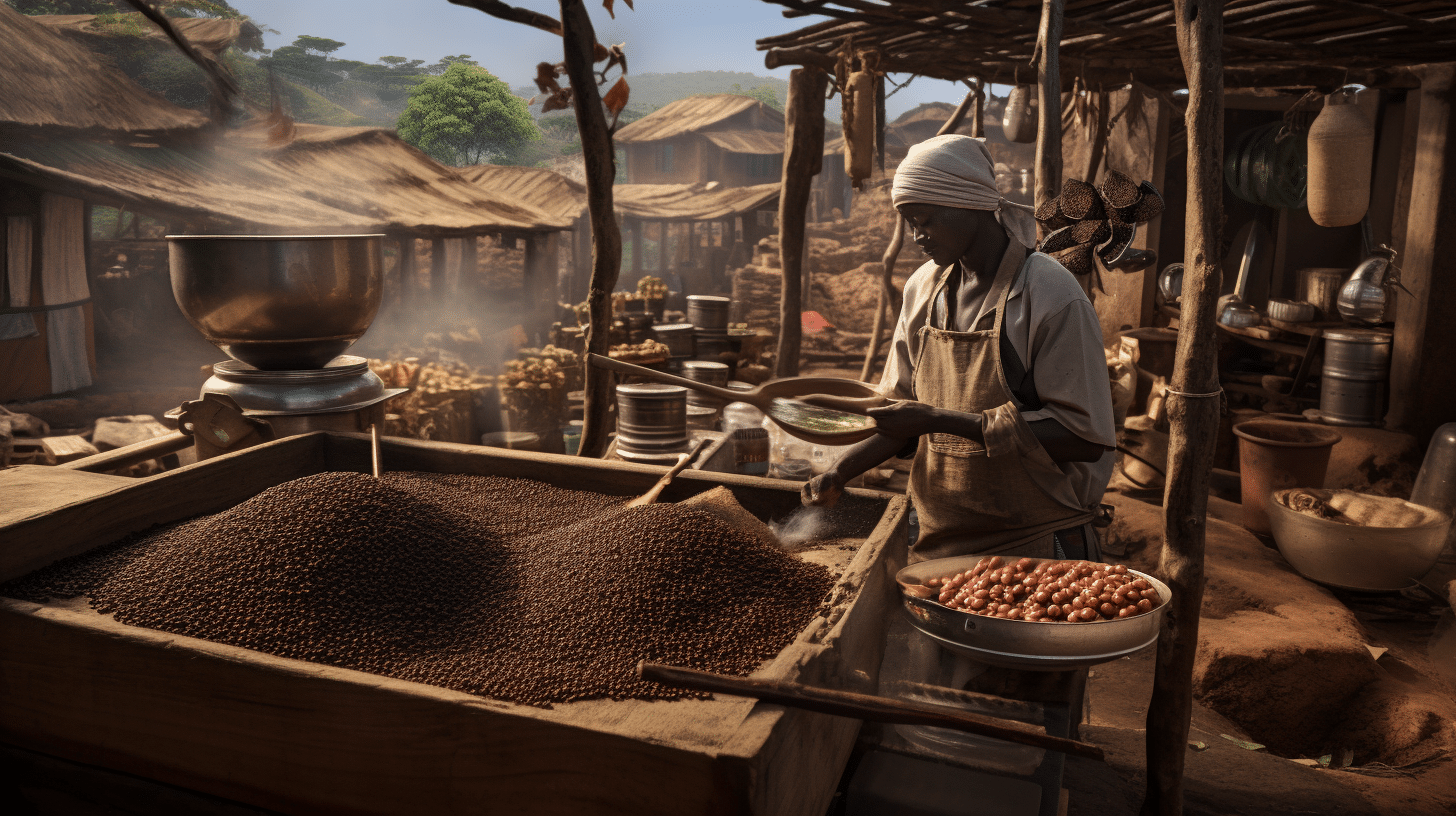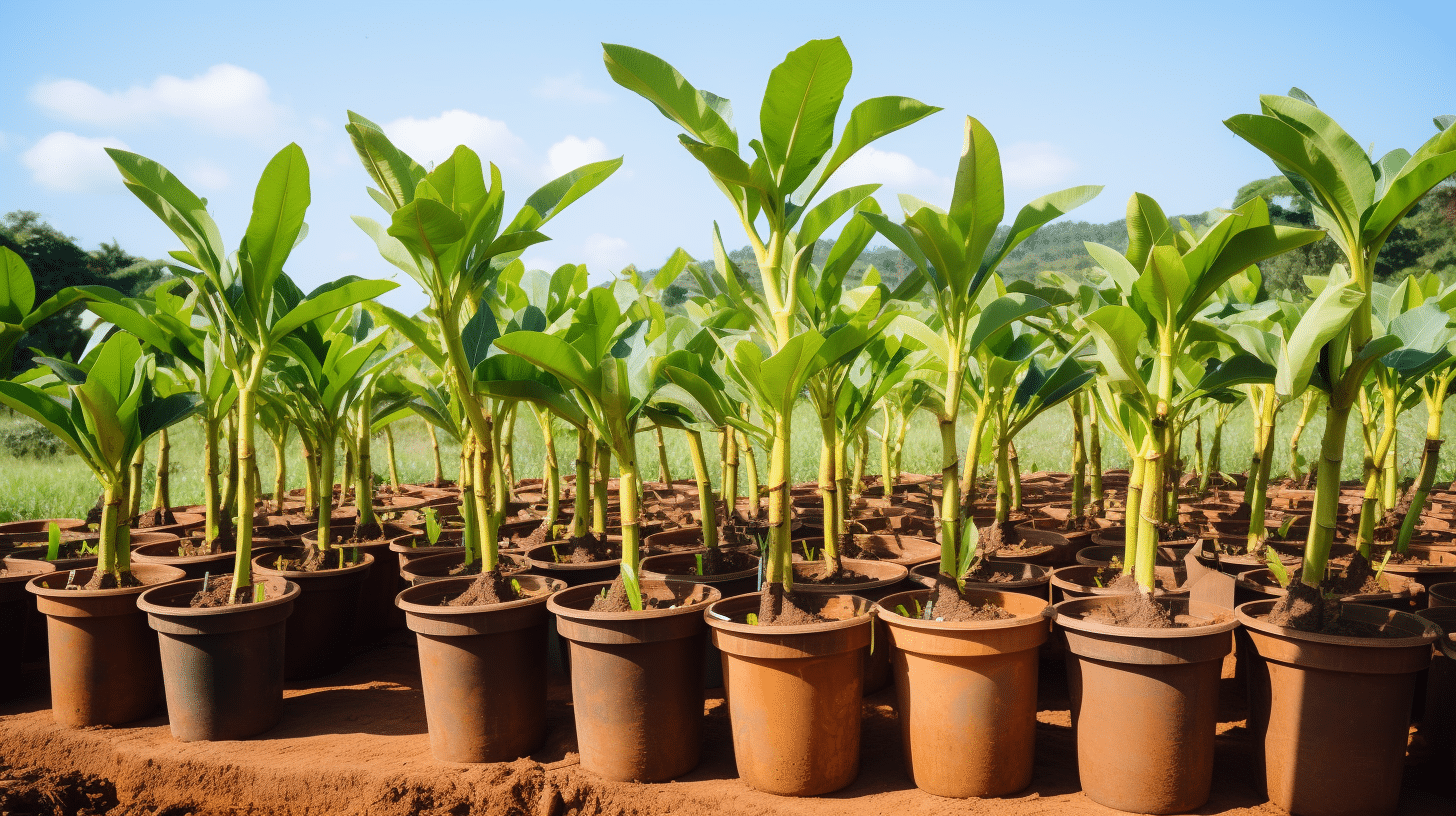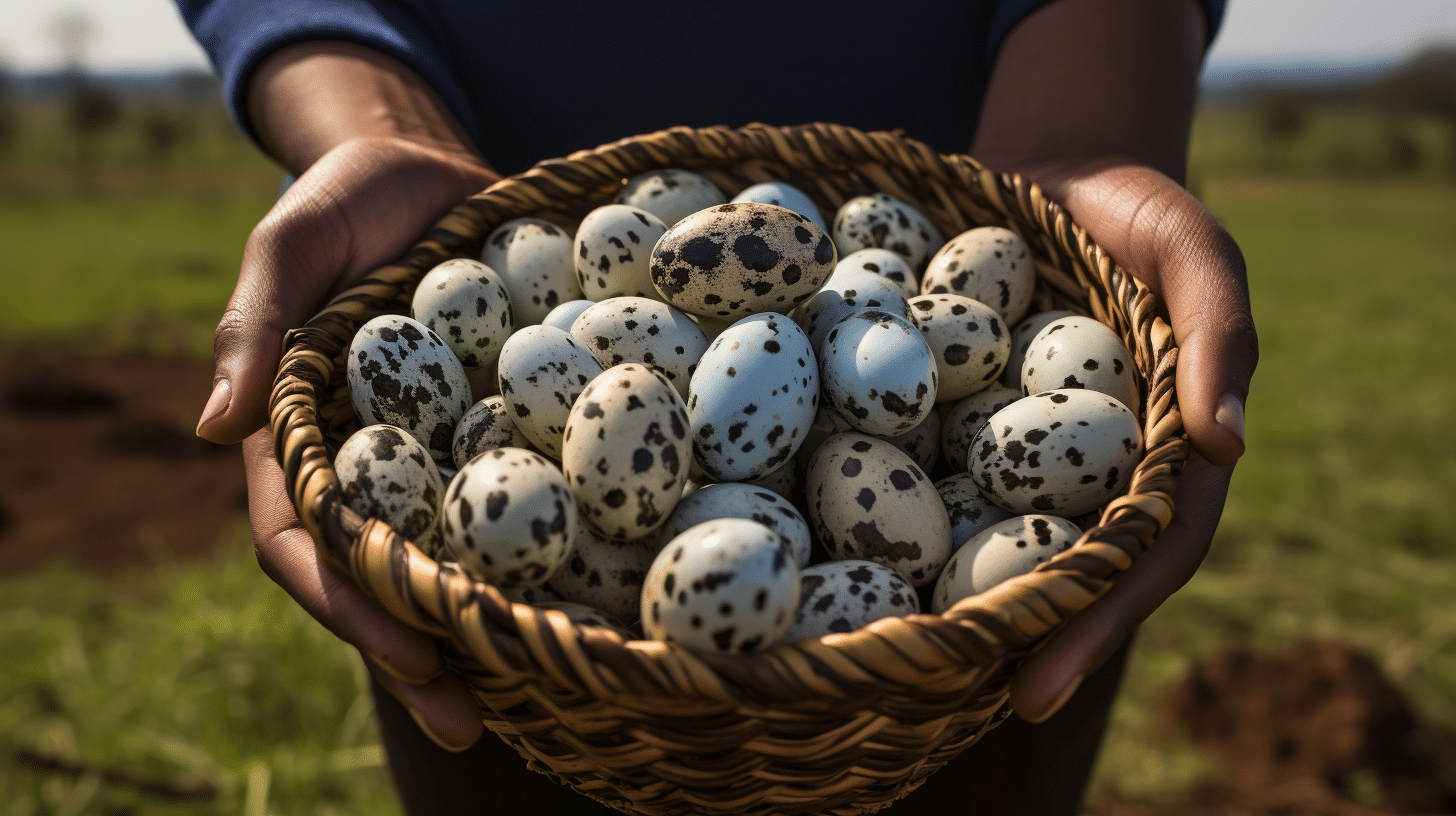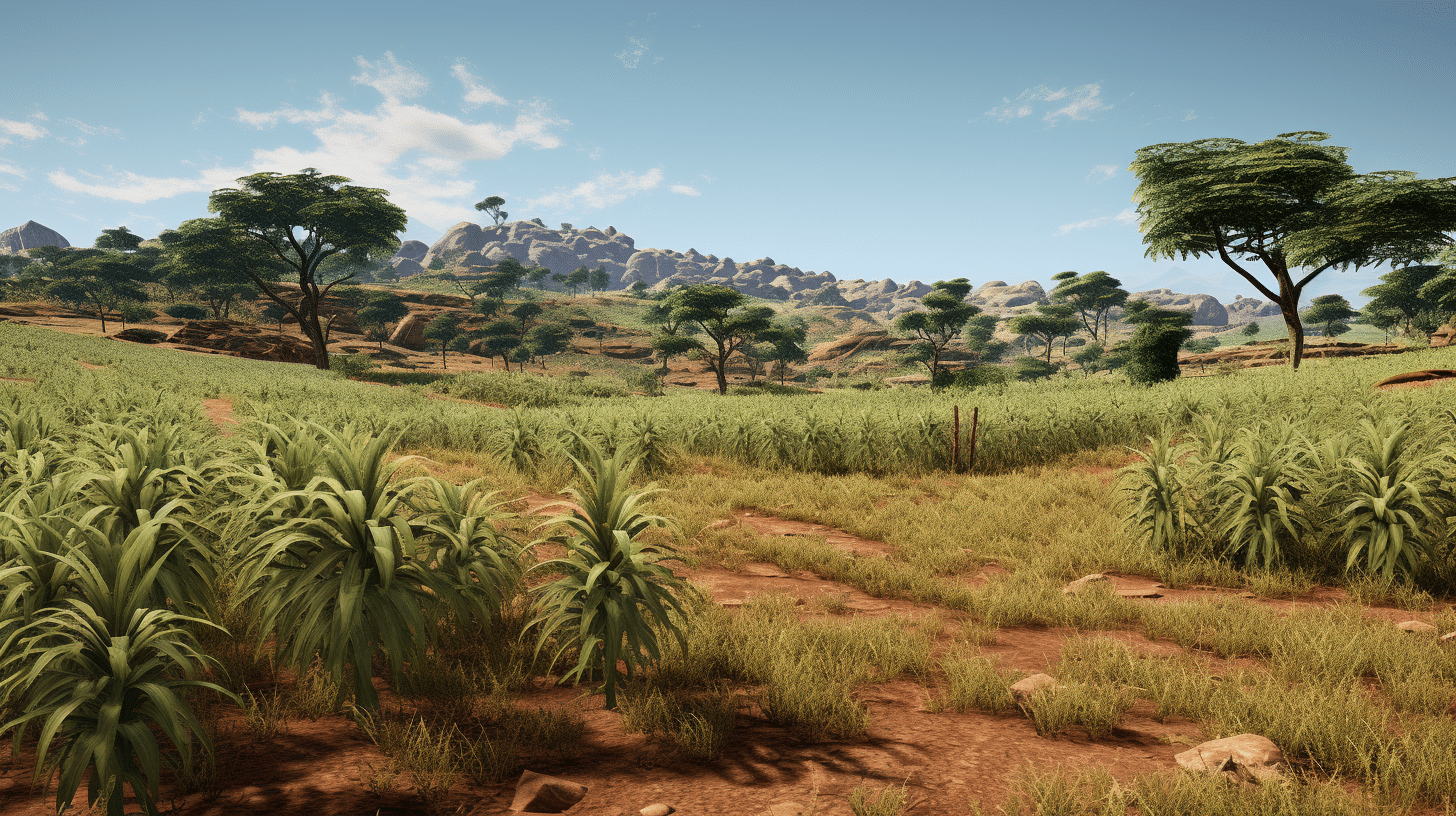You have to agree with me that success in today’s dairy industry in Kenya is volatile and somewhat evanescent. With the give way of the Kenya Cooperative Creameries K.C.C, which was the colossal monopoly in the late 1990’s, there have been efforts to refurbish the dairy sector in Kenya. This was attributed to mismanagement of the sector in Kenya. The government of Kenya, however, reclaimed the assets of this company and made it a parastatal and it is now renamed New K.C.C. The farmers in Kenya believe in the privatization.
Domestically, the dairy farmers in Kenya are competing in virtually all aspects of the production process. Though there have been headlines that portend the demise or an incoming storm in this very vital industry, new companies in Kenya continue to come up. People in Kenya continue to consume dairy products due to the dietary benefits that one derives. However others, especially the poor, forego this nutrient packed product due to the high prices of the dairy products in Kenya. Farmers in Kenya are not remunerated as they ought to be. There’s legitimate cause for concern.
There are countless organizations in Kenya which intended to coordinate the small scale dairy industry in Kenya, and to make use of the milk rich areas in the country. The value chain contains key players namely the input suppliers (farmers), the feed manufacturers in Kenya who on this case provide the feeds and mineral supplements. They are registered an umbrella body called the Feed Manufacturers Association in Kenya. Next on the value chain is the cooperative unions in Kenya which consolidate all the milk collected from the farmers into one central point. They then sell their milk to processors like K.C.C or Brookside dairy’s in Kenya who are registered under the Dairy Processors Association. Their core purpose is to offer large scale storage amenities. They are also involved in packaging the milk and processing it into finished products namely cheese, yogurt, packed milk, milk powder, ghee among others in Kenya.
Our main concern is that all these key players in the value chain in Kenya have come together to form strong unions, but the farmers haven’t. We should call all the key players into question. Most of these farmers in Kenya depend on dairy farming as their main source of income. Due to the market mechanisms and forces of demand and supply within Kenya, the processors come up with their own prices that are communicated to the farmer. This price is a take-it-or-leave-it price. The farmer in Kenya has to comply or else he has no option but to pour his milk for the day. Due to the perishable nature of milk this will hurt the Kenyan small scale farmer’s pockets. There are severe irrationalities in the pricing policies and practices of the dairy products, and these have become a constraint to the farmers in Kenya.
Think about a situation where farmers in a certain county in Kenya, for example, consolidate all their milk in a central point. These farmers have one voice as a union in Kenya. These farmers can have an ask/offer price of say 45shillings per litre in Kenya. If Brookside dairy or New K.C.C has a bid price of 40kshs per litre, the farmers in Kenya can negotiate with them. They can also handle the issues of the wet season surpluses in Kenya and drought deficits in the production. With these two key players being active in the pricing practices, the wavering of the prices will decline, and the consumer can buy the dairy products at the equilibrium prices in Kenya.
The dairy farmers in Kenya need to know that they are the stakeholders and without them there will be no milk, so they call the tune. They need to be invincible. The farmers need to be the price setters in Kenya. The farmers need to shield themselves from inevitable price fluctuations in Kenya that bring in great losses. Together they have a voice and thus, they can harness Kenya\’s great potential in dairy farming.



